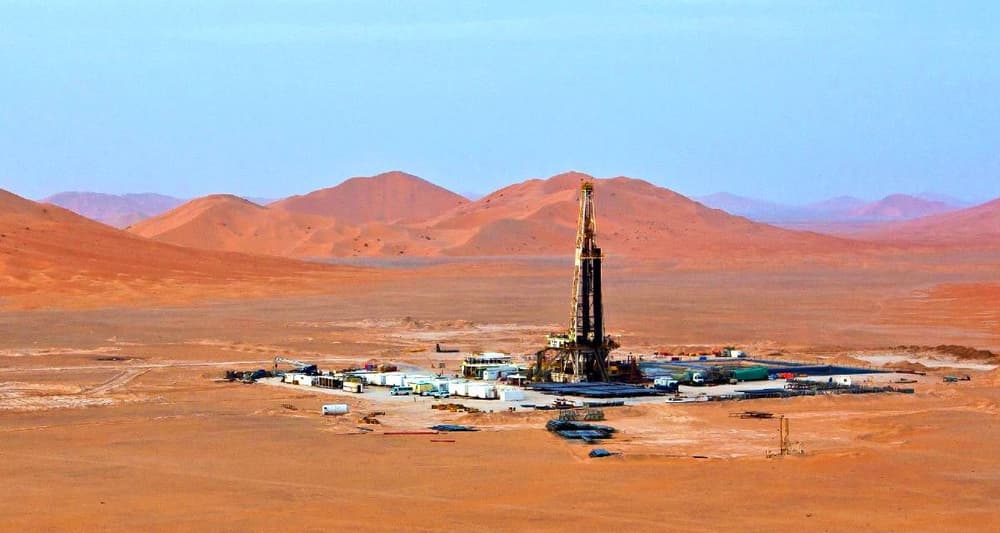Qatar, a country located in Western Asia, recently pledged $60 million dollars to build a natural gas pipeline between Israel and the Gaza Strip.
This is big news for the citizens of the Gaza Strip, who have been facing an energy crisis that has crippled their economy.
The project, which has a 2023 target date for completion, will see the natural gas from the deepwater Leviathan field operated by Chevron in the eastern Mediterranean that flows through an existing pipeline in Israel extended into Gaza.
During a closed-door negotiation that lasted for 2 days in Qatar, the agreement reached a breakthrough with Qatar coming on board to give the project a well-needed boost.
They have pledged to allocate $60 million to finance the project and extend the pipelines from the Israel side.
The European Union has offered to help fund the Gaza-side of the pipeline.
Gaza’s Electricity Crisis
In April 2017, Gaza’s sole power plant ran out of fuel. The Palestinian Authority was blamed for levying taxes on the fuel and not passing tax revenue back to Gaza.
The Palestinian Authority, however, claimed that officials in Gaza were simply incapable of running the power plant efficiently.
Since then, the power supply from Egypt is reportedly not operational with the Palestinian Authority refusing to pay for electricity in Gaza.
Between May and June 2017, Israel further reduced supply to Gaza, claiming it was an internal Palestinian matter.
Both the Israeli military and UN have warned that the resulting crisis and strain on Gaza’s population could lead Gaza to initiate military hostilities.
Today, when in operation, Gaza’s only power station can produce electricity for 12 hours a day on diesel which is a more expensive and polluting fuel.
An End to Conflict
Palestinian Prime Minister Mohammad Shtayyeh is confident that the new pipeline will completely resolve Gaza’s electricity crisis.
It took many years for the project to come to fruition, but it seems that Israeli, Palestinian, Qatari and European interests have come together to make this plan a reality.
Any positive outcomes of this agreement are yet to be seen but, considering that Qatar had pulled out of OPEC+, the future is looking brighter.
Not only does this spell the end for Gaza’s current electricity crisis but also an increase in job openings for pipeliners.

